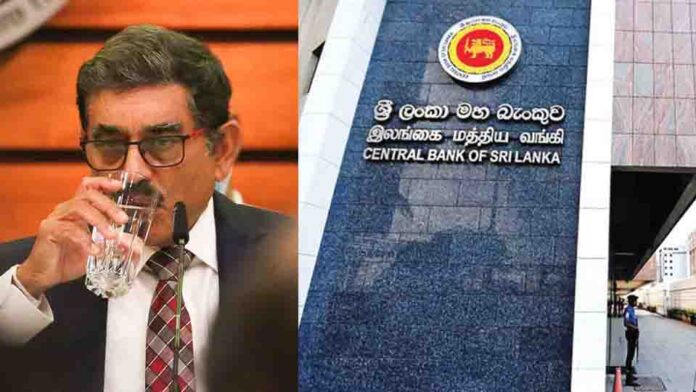OPINION by Adolf:
Opposition Leader Sajith Premadasa recently urged the government to suspend the Parate execution law considering the economic situation in the country. He Claimed that more than 400 properties of small and medium-scale industrialists have been seized under the Parate execution law within the first four months of 2023. Premadasa also said leasing companies were illegally seizing vehicles with defaulted leasing installments and added that it was an obstacle to the SMEs to carry on with their business.
Today small and medium-scale enterprises are facing a huge crisis today. This is due to 3 big reasons.
- The senseless Easter Sunday attacks
- The long COVID Shutdowns of Gotabaya Rajapaksa government
- The craziest interest hike 10% – 36% in the history of Sri Lanka . And the subsequent interest penalties imposed by banks..
All this resulted in businesses that were once viable becoming totally unviable. - Long delays in the debt restructuring.
Government
State Minister of Finance Shehan Semasinghe said the government was looking into the matter and added that it should be done in consultation with commercial banks along with the Central Bank. The parate law, which has a history of 30 years, should be reformed according several business houses to ensure that the action is used sensibly by banks in the future. Given that the industrialists should be provided with some relief to recover from the crisis. Several Parliamentarians called on the Central Bank to issue a circular to suspend the Parate law without amending the law which would take time. In fact they argued such circulars in the past where used where the parate law was suspended by the CB for six months to small and medium scale rice millers through a circular.
CBSL Governor
However the CBSL Governor on the 1 st of January showed scant interest to protect the SMEs. He said no one must be allowed to play with the bank deposits. Critics after January 1 st poorly planed interview of the governor said the governor must first learn both banking and central banking. First, banks lend in book entries by creating deposits, not lending out of deposits received. Second, central bank’s responsibility is not the protection of depositors. He is trying to create an unnecessary depositor panic by misleading the public. The Central Bank governor also said Public funds would only be utilised as the last resort to meet the recapitalisation requirements of the banking sector to ensure stability within the financial system. They pointed out that a Bank’s shareholders should be doing that in the first place. It is not the tax payers. That clearly showed the CBSL governor lacked the basic understanding of how banks are financed as the regulator of the banking system. Furthermore they pointed out the Central bank should be a monetary organization and not be a organization working on behalf of banks. If central bank is working for banks, they should get their salaries from banks. Not use the tax money and talk on behalf of banks.
Public Opinion
Tania Abeysundara Head of the SME Organization stated that the CBSL Governor had orchestrated a scenario leading to the country’s declaration of bankruptcy unilaterally , hindering the functioning of businesses. She further accused the Governor of now blaming entrepreneurs for colluding. “There are Rs. 1.2 trillion non-performing loans solely due to the dire situation created by the CBSL Governor pushing interest to record levels.” she accused. The Chairperson remarked that the rise in taxes will only guarantee an escalation of non-performing loans to Rs. 2 trillion in the coming days. “Will these loans not come under the Parate Law? Who will be held responsible?” she asked. She argued that the Parate Law does not safeguard the interests of the people but rather serves to protect the banks. However according to bankers If the Parate Rights are taken away, banks will be extremely selective in lending and the availability of finance will be to a narrowing segment of entrepreneurs, resulting in credit to the private sector shrinking. So it is up to the independent Central Bank to act sensibly and perform their role in the best interest of the country .

